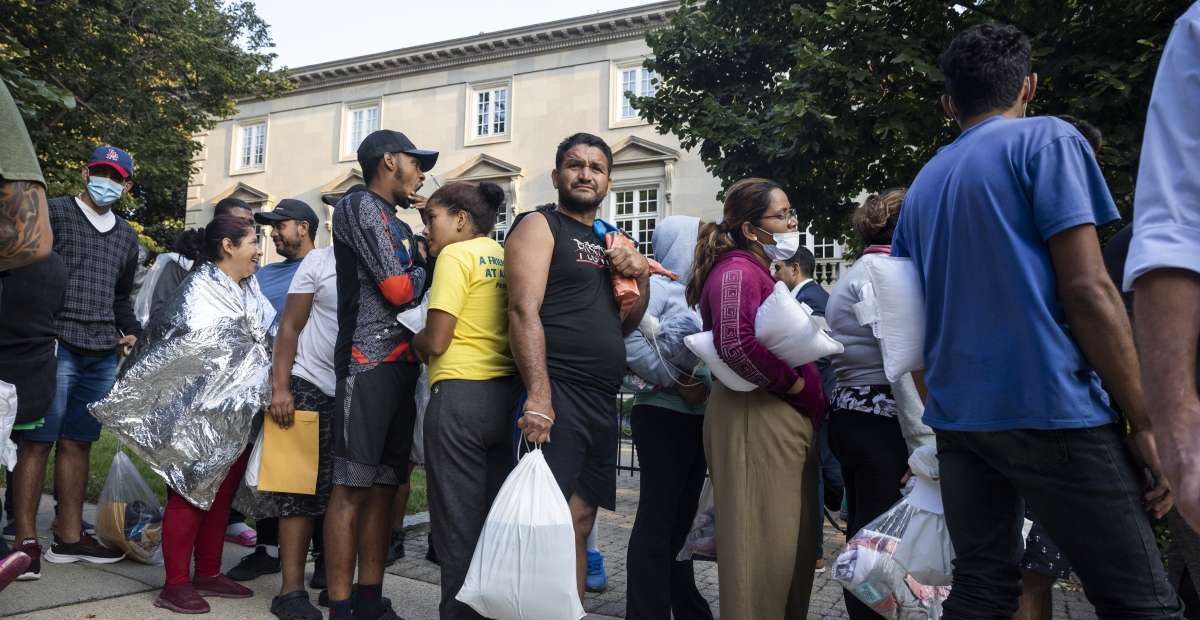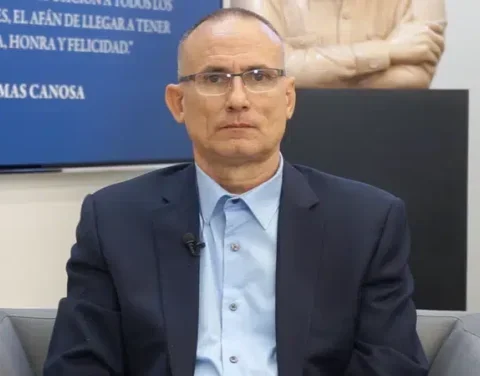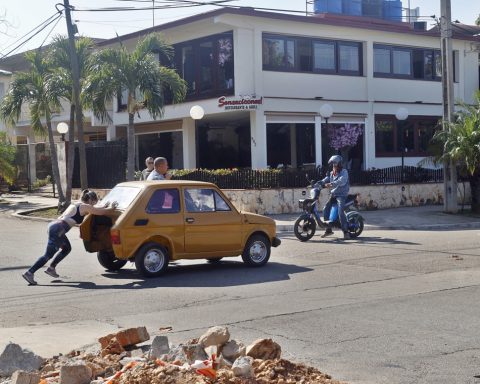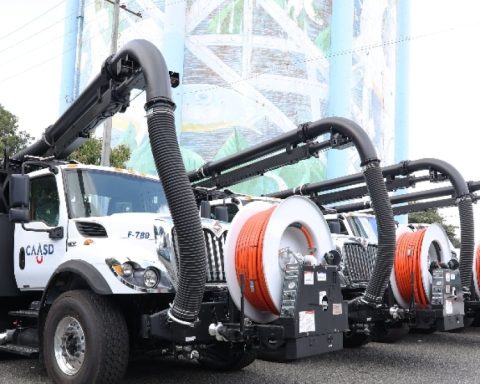The Florida Senate approved a bill, sponsored by Republicans, that will allow Governor Ron DeSantis to implement a controversial program to “export” immigrants released at the border to other states while they await the resolution of their cases.
The project legalizes the transportation program for unauthorized aliens, idealized by the governor in the case of Florida, and grants a budget of 10 million dollars for their transfer to other states. It’s the legislative follow-up to an idea DeSantis launched in September 2021, when he announced a tough immigration package and signed an executive order prohibiting all Florida agencies under the governor’s purview from facilitating illegal immigration to Florida. Last year DeSantis organized and financed the transfer by buses and private planes of immigrants in the asylum process to the states of New York and Massachusetts, including Cubans and Venezuelans. No Venezuelan or Cuban organization criticized him.
Florida Governor Expels Undocumented Immigrants to Massachusetts
The decision was considered “cruel” and “inhumane” by the White House, receiving states and immigrant rights organizations.
Now, once approved by the state Senate, it remains for the approval of the House of Representatives, controlled by the Republicans, and the signature of the governor.
This plan has received various criticisms. “It is dangerous because it is interfering in a function that corresponds only to the Federal Government, such as immigration,” Angel Leal, an immigration lawyer who practices in Miami, Florida, told Univison.
Leal said that the Florida plan “suggests that [estos traslados] they occur with the permission of the immigrant”, but it does not explain that “in some cases foreigners will be forced to sign their transfers under duress and without the person knowing that they have the option not to sign it”.
“There are many questions that have no answer. States are dabbling in the issue by sending immigrants to other states,[pero] We do not know if the transfers are coordinated among all the agencies that participate in the due process, if the transportation is authorized, where they will be sent, who or who will receive them, if they will be received, cared for, and provided with information at the place where they will be sent. regarding their cases. There are many unanswered questions in this measure,” he stated.

















